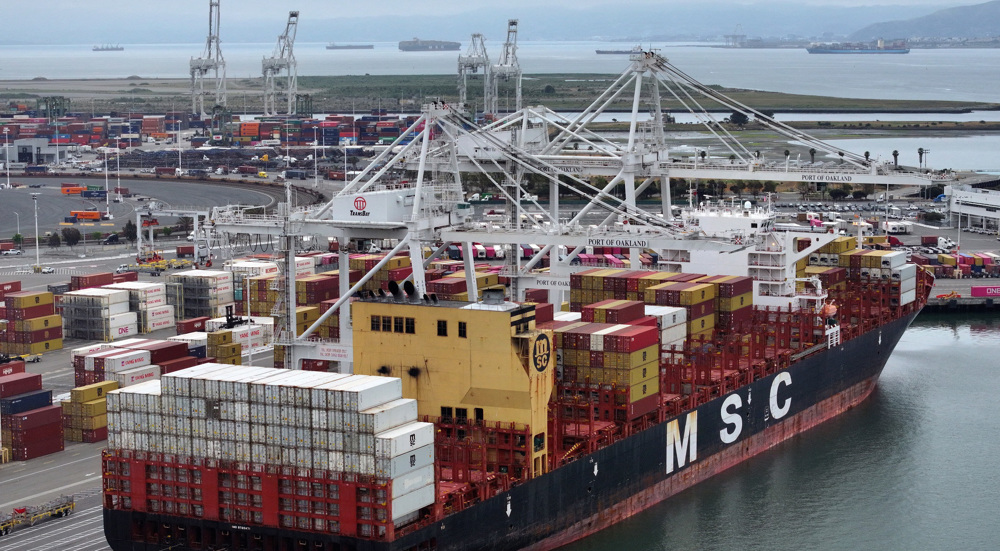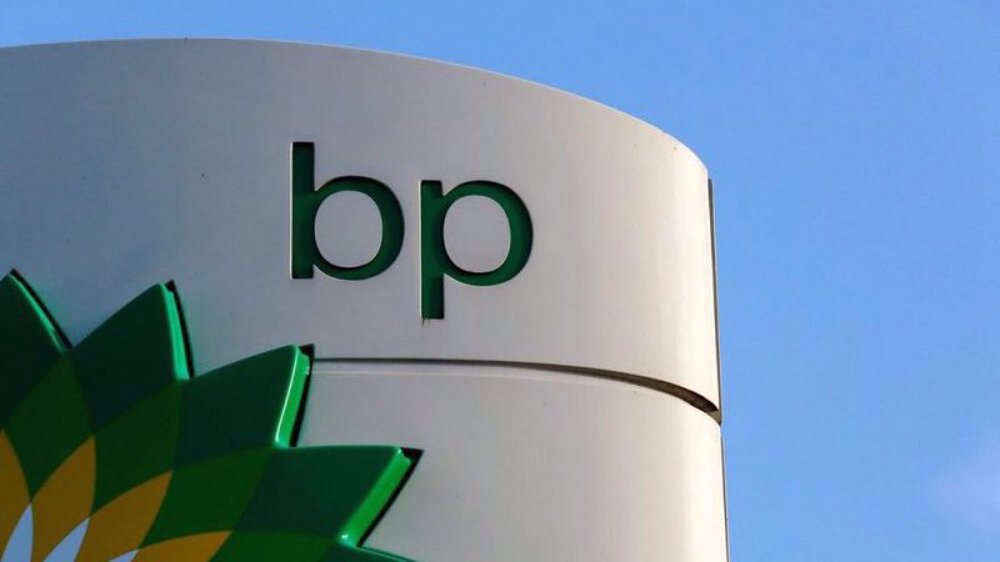Trade leaders express post-Brexit anxiety as transition period draws to a close
As hopes of a post-Brexit trade deal recede, a House of Commons committee has been taking evidence from British business and trade leaders from multiple sectors of the economy.
The most pressing concern was voiced by the Food and Drink Federation’s (FDF) chief executive, Ian Wright.
Wright told the House of Commons’ Business, Energy and Industrial Strategy Committee on Brexit preparedness that food and drink supplies in the UK face “more disruption” after the Brexit transition period (December 31) “than they did from Covid”.
According to Wright, growing uncertainty over a deal and new border checks would make it increasingly difficult to guarantee the seamless movement of food and drinks through ports.
Also giving evidence was Miles Celic, the chief executive of TheCityUK, an industry-led body which represents UK-based financial and related professional services.
Celic told the committee that up to a quarter of the UK’s financial activity was EU-related and that in the worst-case scenario, around 40 percent of that business “could be lost”.
Meanwhile, the policy manager of the Society of Motor Manufacturers and Traders, Lloyd Mulkerrins, informed MPs that in the event of tariffs being levied on parts and finished vehicles, Britain’s car industry was likely to see a sales decline in the region of 20 to 30 percent.
According to Mulkerrins, car production could decline dramatically from as much as 1.6 million to just 800,000.

China halts liquefied natural gas imports from US amid tariff war

Negative impact of Trump tariffs on UK economy

BP to be sued in Britain for supplying oil to Israel
VIDEO | London demonstrators protest Barclays Bank ties to Israel
Hamas insists on ‘comprehensive’ deal to end Israeli aggression in Gaza
Iran’s passenger car output up 5.3% in month to late April: MIMT
VIDEO | Iranians mark National Girls’ Day with mass celebration
UK keeps sending arms to Israel despite ban: Report
VIDEO | US, Yemen agree to Oman-mediated ceasefire
Iran denies reports of proposing direct nuclear talks with US
VIDEO | Israeli concern about Yemen's response









 This makes it easy to access the Press TV website
This makes it easy to access the Press TV website